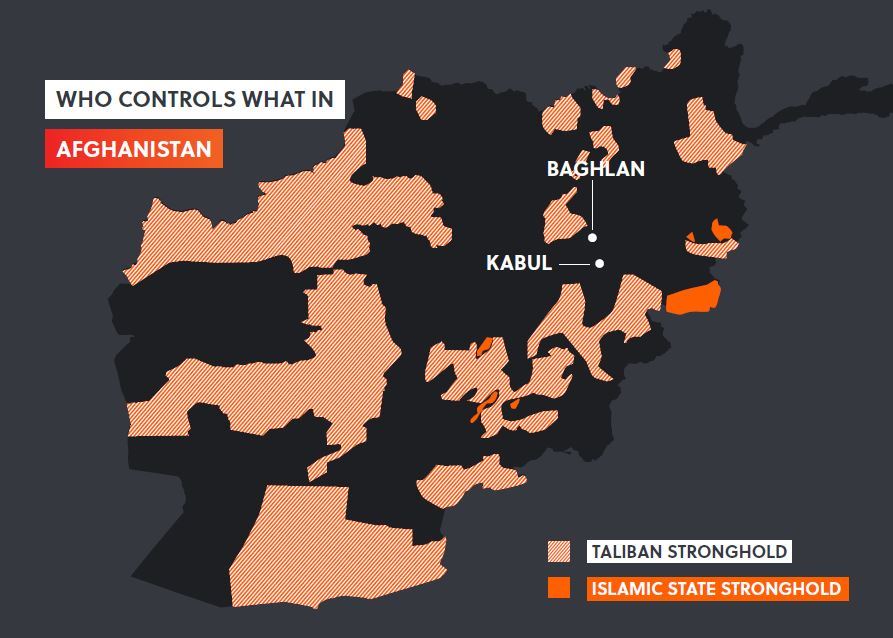Operating in Afghanistan amid the threat of kidnapping
On 6 May, seven Indian electrical engineers and an Afghan national were kidnapped by unidentified gunmen in Pul-e-Khumri, the capital of Baghlan Province, northern Afghanistan. No group has yet claimed responsibility, although security officials have blamed the Taliban. Local officials stated that the engineers – who were travelling in a car through a Taliban-controlled area when the kidnapping occurred – ignored warnings to take a police escort. The engineering company they work for was reportedly provided with 60 guards from the Interior Ministry. Authorities are investigating whether there was a breakdown in security protocol, as it is unusual to travel through such a high-risk area without security guards.
One security official described the incident as a “soft abduction” motivated by financial demands, although this has not been independently confirmed. Ideological or political motivations could also be at play. For example, in March and April 2018, the Taliban attacked electricity infrastructure in Baghlan Province, after the government reportedly cut electricity to several Taliban-controlled areas. The latest kidnapping could also have been in opposition to India’s role in the country, particularly its strong diplomatic and trade relations with the Afghan government, which the Taliban opposes.
Regardless of the actual motivation, the incident reaffirms the threat of kidnapping in Afghanistan. Financially and politically motivated abductions are common in the country, and are mainly perpetrated by the Taliban, Islamic State and criminal gangs. Over the past two years, the security environment has deteriorated due to a strengthening of the Taliban insurgency. The group has been steadily gaining more territory, especially in rural areas, and boasts its presence in 70 percent of Afghanistan’s districts.

Common sense measures are not applicable to all situations, and in a high-risk country such as Afghanistan, prevention of kidnapping cannot be guaranteed. However, organisations operating in the country for a long period should regularly assess their security plans to prevent complacency.
While every kidnapping incident is unique, and every institution's risk and crisis management plans vary, all organisations operating in Afghanistan should consider certain basic measures:
- Duty of care should be taken extremely seriously, not least due to the prospect of facing litigation over negligence if employees experience a hazard;
- Understand the threat environment as comprehensively as possible, before publishing a tailored security plan;
- All staff should receive relevant security training relating to kidnapping and other prominent threats in advance. The training should focus on crisis prevention and crisis response;
- Kidnapping is often an inside job, and thus, travel itinerary information should be tightly controlled. Road moves should be varied, although this is not always possible due to Afghanistan’s poor transport infrastructure. The static nature of construction projects also increases predictability;
- Armed escorts should be used throughout the country, particularly in Taliban-controlled areas. It is better to procure the services of reputable risk management companies than, for example, the Afghan National Police, who are often poorly-trained and equipped;
- In the event of a kidnapping of an employee, the organisation should strive to limit media coverage of the incident, in order to reduce the profile of the incident. This is often essential for the successful release of hostages; and,
- Organisations should manage expectations regarding what local authorities can, or cannot, do in terms of securing the release of hostages. In Afghanistan, enlisting the help of tribal elders for negotiations with kidnappers is often the most effective tactic.